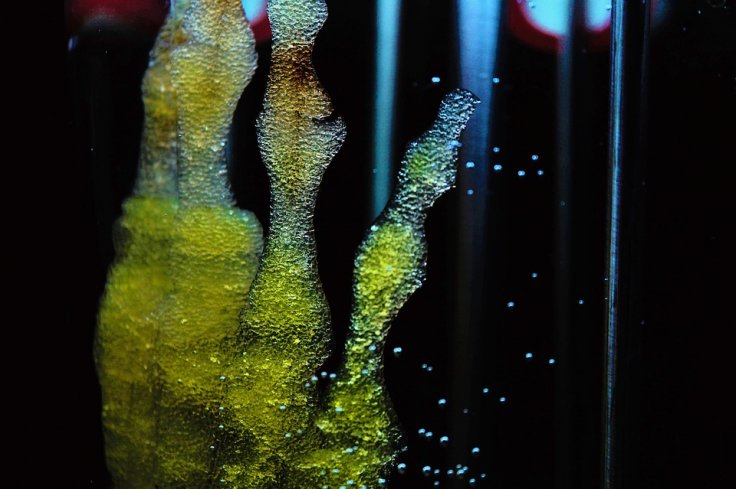A new study by scientists from the Agency for Science, Technology and Research (A*STAR), Singapore has identified a potential biomarker that can help prescreening donors for the potency and growth capacity of their mesenchymal stem cells (MSCs).
The study which was published in STEM CELLS deals with the significant issues of mesenchymal stem cells (hMSCs) therapy. Several clinical trials involving thousands of patients are ongoing to test the capacity of hMSCs to treat various ailments.
"With the global stem cell market predicted to reach over US$270 billion by 2025 (according to a report published by Transparency Market Research), there is a pressing need for effective biomarkers to be used in the screening of stem cells from prospective donors. This need is boosted by the rapid growth of regenerative medicine, with its pallet of cells, genes and engineered tissues," said Dr. Simon Cool, co-corresponding author of the study.

Increased Proliferative Potential
In an earlier study, this same laboratory had classified hMSCs from age and sex-matched human donors into high- and low-growth capacity groups and established criteria for identifying stem cells with enhanced potency.
"These hMSCs showed increased proliferative potential that correlated with enhanced clonogenicity, a higher proportion of smaller-sized cells with longer telomeres, elevated expression of certain cell surface markers, and most importantly, improved ability to mediate ectopic bone formation," said the study's co-corresponding author, Lawrence Stanton.
The team's latest investigation sought to build upon that information by performing molecular analyses of these cells to better understand what accounted for their improved utility. Microarray analysis revealed that hMSCs with a genomic deletion of glutathione S-transferase theta (GSTT1) -- part of a superfamily of genes that bring together glutathione and toxins to safely remove them from the body -- show high-growth capacity.
Ability To Clone Themselves
The GSTT1-null hMSCs also exhibit an enhanced ability to clone themselves and grow into full colonies, and they have longer telomeres. Both of these factors are important determinants of MSC potency.
"We believe our study highlights the utility of GSTT1 as a potential biomarker for MSC scalability and may prove useful in selecting potential donors for the creation of high quality hMSC cell banks to improve stem cell therapies," Dr. Cool said.
"The ability to pre-screen donors for a marker that corresponds to better growth of MSCs in vitro is truly important", said Dr. Jan Nolta, Editor-in-Chief of STEM CELLS. "Many teams have sought screening tools like this, which could prevent lot failure for clinical batches of MSCs that don't expand robustly. Until now, there has been no way to evaluate that prior to marrow harvest."
(With inputs from agencies)









